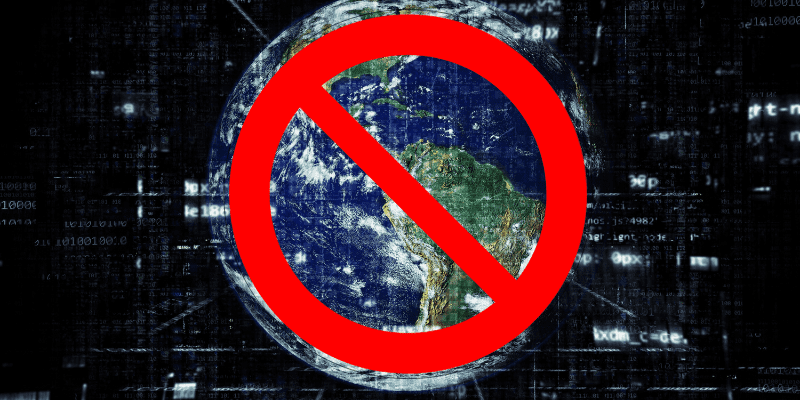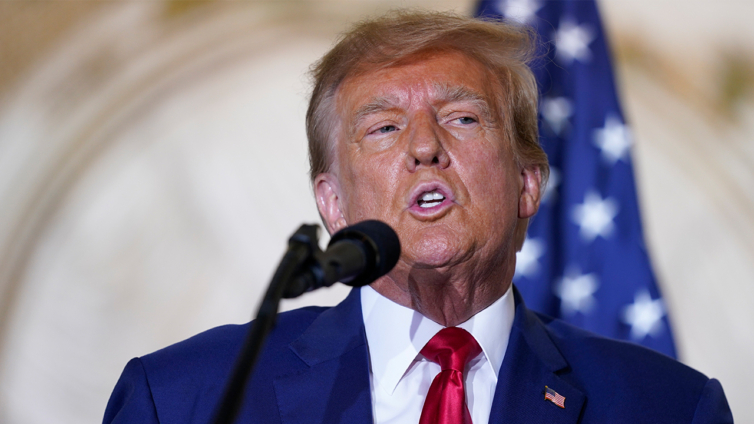Digital Disappointment: 5 African Nations Fail on Free Internet Pledge!

Nigeria's digital landscape reveals a complex picture of internet access, with the Nigerian Communications Commission (NCC) reporting 150 million Nigerians having internet access and over 80 million accessing high-speed internet as of June 1. However, the ease and consistency of this access have been subject to scrutiny, particularly in the context of global human rights online.
The concept of internet access as a human right has gained international recognition. A United Nations (UN) document, “Ending Internet Shutdown: a path forward,” dated July 15, 2021, explicitly states that “the right to access and use the internet and other digital technologies for the purposes of peaceful assembly is protected under article 20 of the Universal Declaration of Human Rights and article 21 of the International Covenant on Civil and Political Rights.” This principle was reinforced by the 2021 UN Human Rights Council (HRC) Resolution on the promotion, protection, and enjoyment of human rights on the internet. Led by a core group including Brazil, Nigeria, Sweden, Tunisia, and the United States, and co-sponsored by 70 countries, the resolution was adopted with strong support on July 13, 2021. This marked the fifth such resolution since the first was adopted in 2012.
Key tenets of the resolution consolidate and reinforce commitments to enhancing internet accessibility and affordability. Crucially, it condemns internet shutdowns and online censorship, urging governments to cease such measures. It also mandated the Office of the High Commissioner for Human Rights to prepare a report analyzing the causes, legal implications, and impacts of internet shutdowns on various human rights. Furthermore, the resolution stressed the necessity for measures taken offline or online for national security, public order, and public health to fully comply with international law obligations, respecting principles of lawfulness, legitimacy, necessity, and proportionality, while safeguarding human rights such as freedom of opinion, expression, peaceful assembly, association, privacy, and personal data during emergencies.
Despite this international commitment, a study by cybersecurity company Surfshark revealed a concerning trend: five African countries that publicly supported the 2021 resolution “broke their word” by imposing internet restrictions. Gabriele Racaityte-Krasauske, a Surfshark spokeswoman, highlighted that internet shutdowns are frequently employed by authoritarian governments to manipulate the public and stifle free speech, making it vital to promote an open internet and pressure countries to uphold their human rights commitments online.
Among the
You may also like...
MVP Race in Jeopardy: Top Stars Shai Gilgeous-Alexander and Nikola Jokic Face Eligibility Crisis

The NBA MVP race is under threat as Shai Gilgeous-Alexander and Nikola Jokic near disqualification under the league’s 65...
Post-All-Star Battle: NBA Power Rankings Shake Up the League

Post-All-Star NBA power rankings highlight the Thunder, Spurs, and Pistons atop the standings, while injuries and em...
Netflix Chief Ted Sarandos Heads to White House for Crucial Warner Bros. Deal Talks

Netflix co-CEO Ted Sarandos is navigating complex negotiations for Warner Discovery amidst political pressure from Donal...
Paramount Skydance Faces Q4 Losses, Eyes Bold Warner Acquisition Bid

Paramount Skydance reported a widened Q4 loss driven by declines in TV advertising and distribution, even as streaming a...
Zimbabwe Unlocks Tourism Potential: Lock Brothers Set to Boost Harare's Visitor Numbers

Benjamin Lock is spearheading the development of The Hills Luxury Golf Estate in Harare, aiming to transform it into a p...
Unlock Supercharged Health: Experts Reveal 6 Habits for Enhanced Fat Jab Results & Heart Wellness

A Harvard study reveals that GLP-1 medications, combined with healthy lifestyle habits, can dramatically cut the risk of...
Nvidia Soars Again: Record Quarter Fuels AI Dominance

Nvidia, the world's most valuable company, reported record profits driven by an exponential surge in AI compute demand. ...
AI Unleashed: Gushwork's Search Gamble Pays Off with Early Success

India-founded startup Gushwork has secured $9 million in seed funding to help businesses navigate the evolving landscape...




